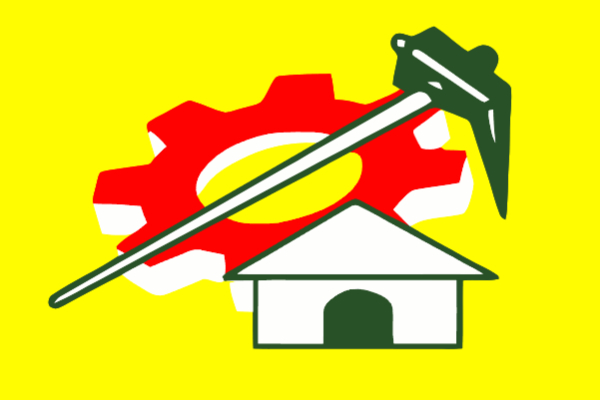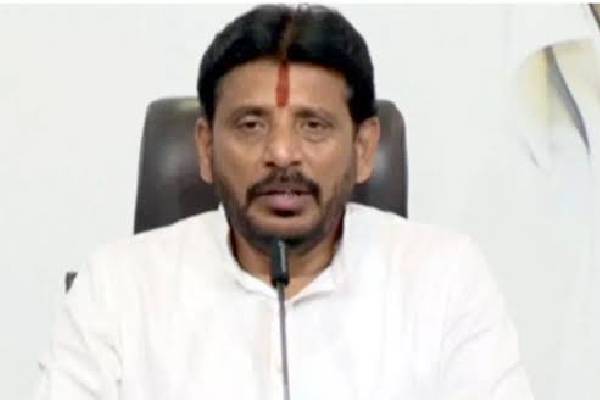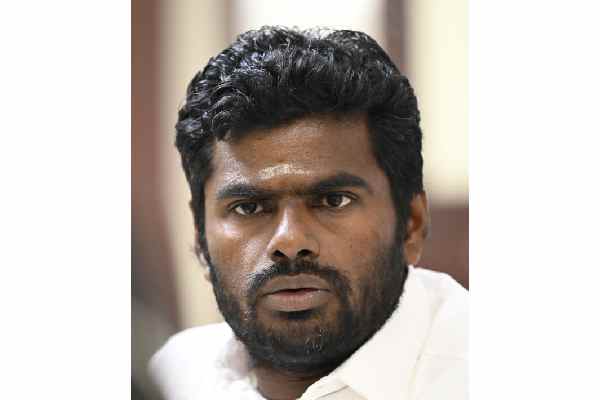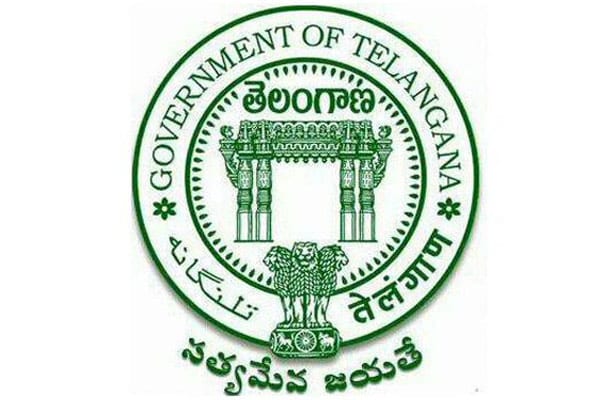When Telangana Chief Minister K.Chandrashekar Rao announced Dalit Bandhu scheme to extend Rs 10 lakh cash benefit to each Dalit family in the state, the first and foremost question and doubt that was expressed by all was whether it is possible for any government to implement such a scheme.
The other doubt that came up in one’s mind is why KCR opted for such a scheme which has huge financial implications on state exchequer.
However, TRS sources say KCR took the decision to implement Dalit Bandhu after exploring all the options.
They say KCR feels that Dalit Bandhu scheme is cheaper when compared with KCR’s earlier scheme of distributing 3-acre agriculture land for each Dalit family.
The 3-acre land scheme ended as a big flop as the TRS government stopped the scheme within two years due to unavailability of cultivable agriculture lands in Telangana and also expensive agriculture land prices in Telangana to purchase private lands and distribute them to Dalits.
When the government tried to purchase private lands, the prices were not less than Rs 10 lakh per acre in any part of the state.
To purchase 3 acres, it requires Rs 30 lakh to distribute 3-acres to each Dalit family.
Compared to this, KCR found Dalit Bandhu cheaper to extend to Rs 10 lakh cash to each family. In a way, the burden on TRS government has come down by Rs 20 lakh on each Dalit family.
Moreover, KCR felt that transferring Rs 10 lakh cash directly to bank accounts of each Dalit family will create more political impact and give more political mileage for TRS in elections than 3-acre lands.
So, KCR felt that there are dual advantages for TRS on account of Dalit Bandhu scheme. One is reducing government burden by Rs 20 lakh on each Dalit family and second is deriving more political mileage for TRS.
For this reason, KCR announced to extend Dalit Bandhu scheme to all the 17 lakh Dalit families in Telangana in next four to five years by spending Rs 1.70 lakh crore and by sanctioning Rs 40,000 crore per year.

































